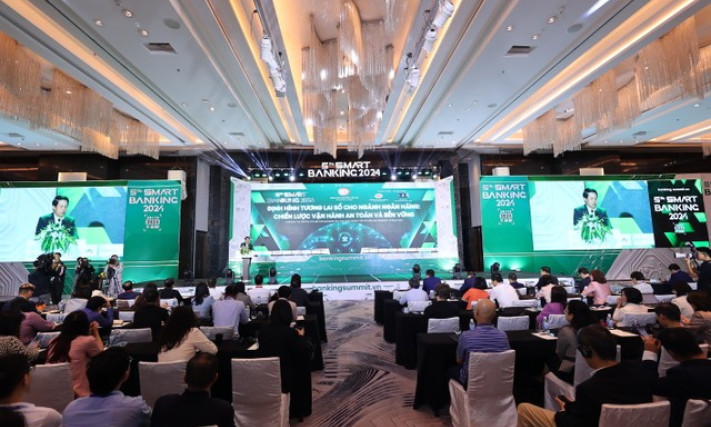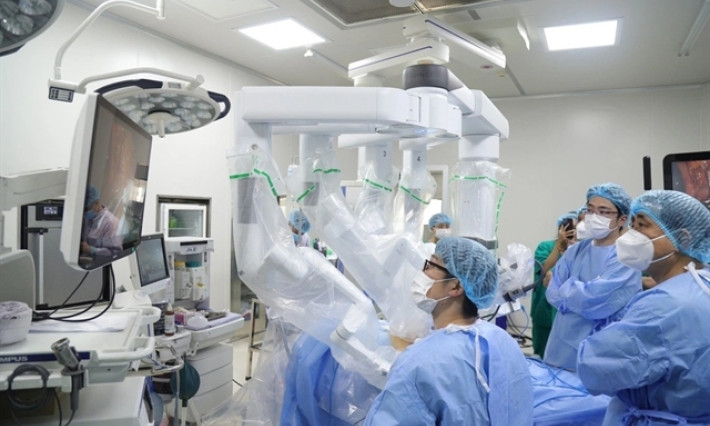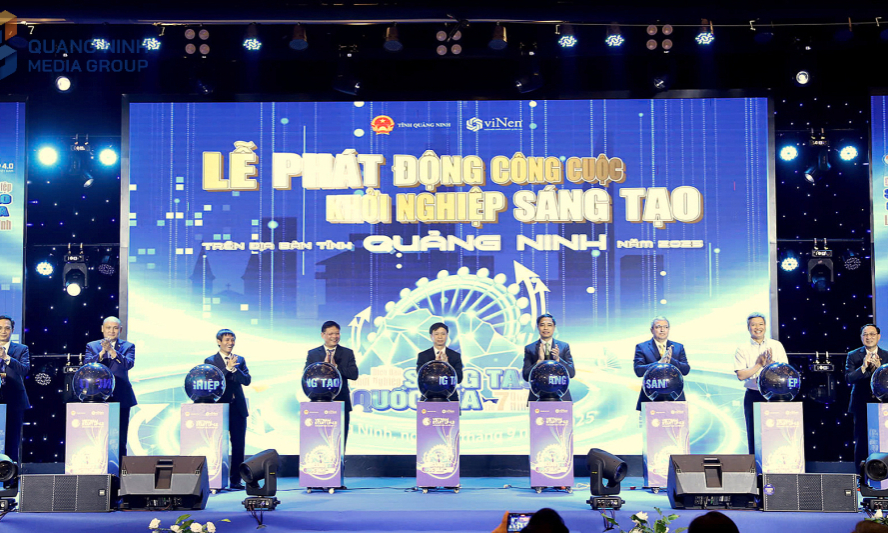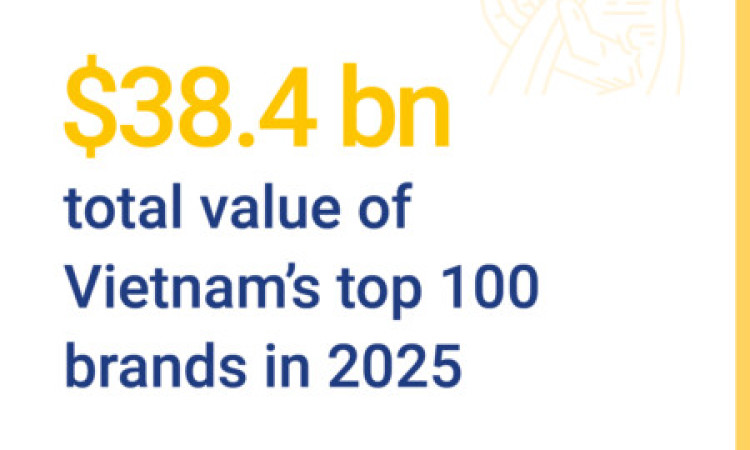Human resources will decide the efficiency of a streamlined apparatus: Deputy PM
The overhaul which is estimated to affect about 100,000 public employees, is considered a bold decision to significantly improve governance efficiency.
Human resources will be the key factor in determining the efficiency of a streamlined, logical apparatus, according to Permanent Deputy Prime Minister Nguyễn Hòa Bình.
Speaking about the public sector restructuring, in a recent review meeting of the Ministry of Home Affairs (MoHA), the official said that promoting dedicated, capable and experienced human resources was a challenging, but crucial mission.
The overhaul is estimated to impact about 100,000 people – the largest number ever seen – but is considered a bold decision to significantly improve efficiency as well as policies and benefits for public employees.
Deputy PM Bình noted that it was necessary to conduct accurate evaluations of civil officials per Party General Secretary Tô Lâm’s direction to remove incapable individuals and attract talent into the public administration system.
He also pointed out that while current concerns mostly focussed on ministry-level mergers, the larger picture was that every ministry and local authority must conduct internal restructuring, reducing their apparatus by at least 15-20 per cent. Several government agencies were required to reduce by 40 per cent of their current apparatus through mergers or streamlining.
“We must act quickly but logically. We innovate and reform to move forward but must maintain calm to take precautions against risks,” said Bình as he mentioned the need to avoid mechanical or unreasonable mergers.
Ministries, departments and local authorities were also reminded to conduct streamlining procedures while maintaining their operations to ensure uninterrupted public services.
Minister of Information and Communications Nguyễn Mạnh Hùng underscored that improving the quality of public employees had been a persistent challenge.
He noted that the application of AI (artificial intelligence) could be a promising approach to address the issue, in addition to the conventional method of capacity training.
“To build a streamlined, effective and efficient governance system, technology and especially AI is necessary in addition to apparatus and human resources revamping,” Hùng said, while reaffirming his support to the home affairs sector in digital transformation.
A prominent AI application for this sector is virtual assistants, which have been mastered by many Vietnamese tech companies and can be rapidly implemented at the MoHA, according to Hùng.
The home affairs minister and the ministry’s information technology director also play an important role in this process of digital transformation.
The MoHA, as with many other departments, have two types of tasks that require technology. These include time-consuming tasks such as managing public employee records and more complex tasks such as capacity and productivity appraisals.
The ministry has recently established a public employee database for centralised and real-time management.
Hùng believes that the MoHA can implement automated evaluation tools to monitor progress and assess performance through appropriate necessary indicators, which will then be processed with AI to generate objective analysis.
Addressing the MoHA’s recent review meeting, Home Affairs Minister Phạm Thị Thanh Trà said that the ministry would continue to contribute to administrative reforms, with an emphasis on building an e-government as an enabler for development.
It would also address the bottlenecks to improve governance efficiency and promote digital transformation in the home affairs sector.
In 2024, the MoHA issued numerous official documents to address shortcomings in structural and administrative procedures, carried out wage policy reforms for public employees, worked with relevant departments and localities on rearranging the local authorities, and notably advised the government’s steering committee on the major apparatus overhaul.
The focus is to establish professional, responsible and efficient civil service, alongside innovative public employee appraisals, decentralisation of powers in employee recruitment and promotion, as well as streamlining processes for the convenience of the people.






